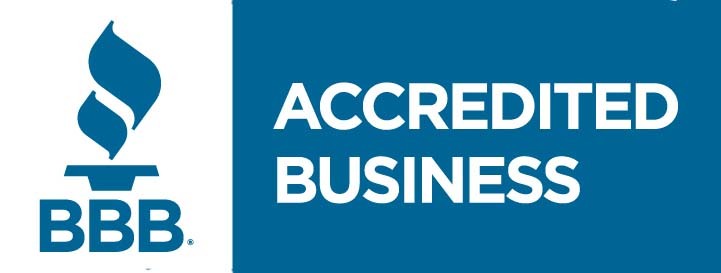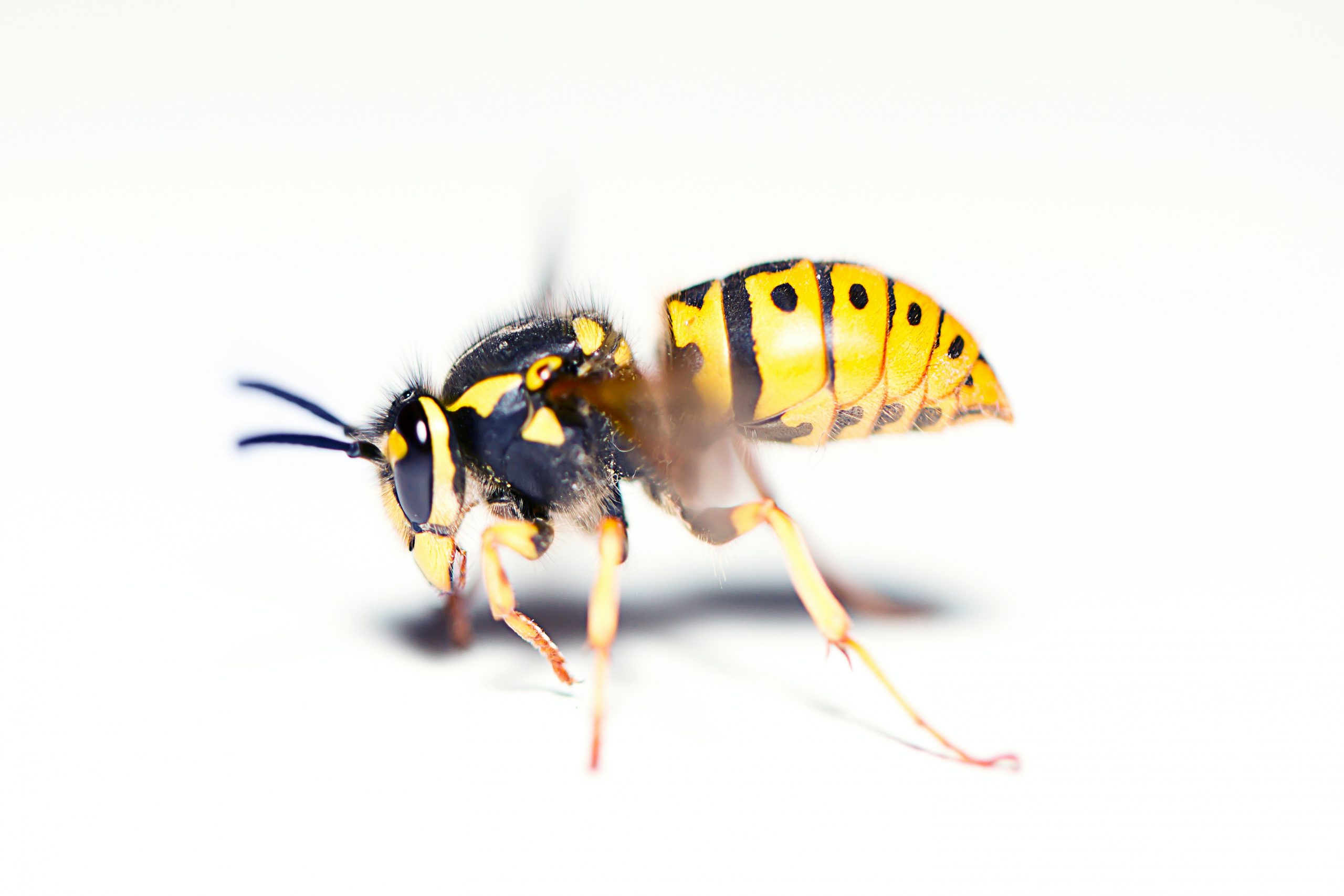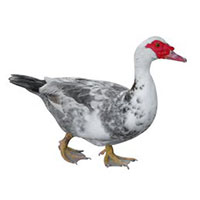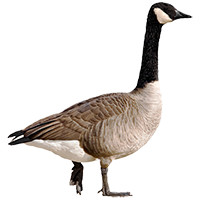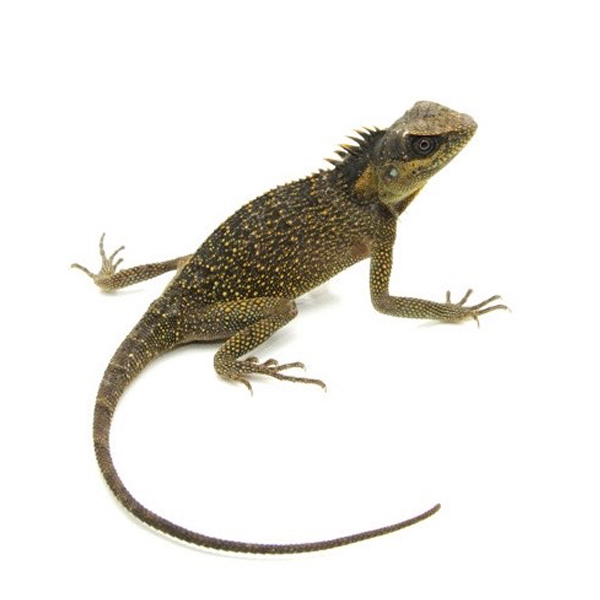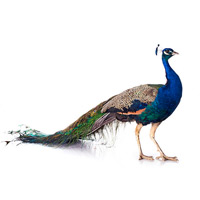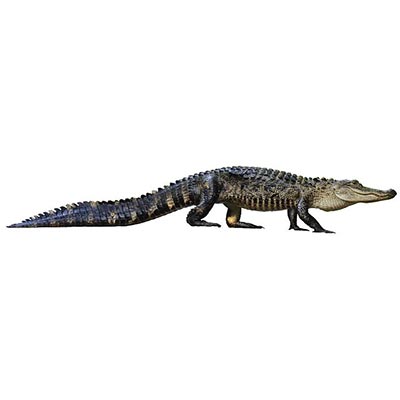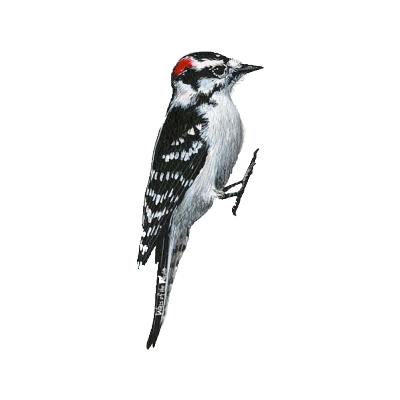What to Do With a Trapped Squirrel
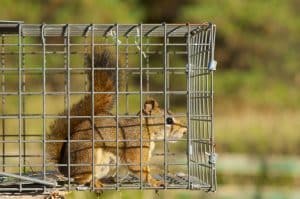
Squirrels can be pretty entertaining to watch as they play around in the trees or scurry across the yard. However, these furry little creatures can quickly become a nuisance once they start to make their way into your home.
Like any rodent pests, squirrels can do a number on your home as they knock things over, gnaw on wires, and leave droppings everywhere. To get rid of these pesky squirrels, you may be thinking about catching them as a more humane method of squirrel removal. However, have you ever thought about what to do when you catch a squirrel?
Read on below to learn more about dealing with squirrels in Florida and what to do with a trapped squirrel to remove them completely from your home.
Are Squirrels Protected in Florida?
Three species of squirrels can be found in the state of Florida:
- Eastern Gray Squirrel (Scirus carolinensis): One of the country’s most common species of squirrels, the eastern gray squirrel is easily identifiable by its grayish-brown fur, lighter underside, and silvery hairs on its tail. They can be found across rural and urban environments near elm, oak, or beach trees.
- Fox Squirrel (Sciurus niger): The fox squirrel is the largest in the state. The color of their fur can range from pale yellow-brown to gray to black with a lighter underside. They are commonly found inhabiting open wooded areas, mangroves, cedar forests, and pine trees.
- Southern Flying Squirrel (Glaucomys volans): These species of squirrels are rarely seen around Florida. When spotted, you can see them moving in groups, gliding, foraging, and resting together.
Out of all these species of squirrels in Florida, only the eastern gray squirrel is classified as a game animal. This means it can be hunted and trapped as a game animal.
Meanwhile, other species, such as fox squirrels and flying squirrels, have been identified as threatened or endangered and are protected under Florida state law.
Squirrel Removal Through Trapping
Out of all the available methods to remove squirrels, trapping may be the most optimal solution as it takes care of the squirrel problem while physically removing them from your property. However, the question remains: is it legal to trap squirrels in Florida?
Is It Legal to Trap Squirrels in Florida?
In Florida, it is perfectly legal to use live traps to capture squirrels. However, this only applies to non-native species and those designated as game. Otherwise, you will need a valid Florida Fish and Wildlife Conservation Commission (FWC) license to trap and relocate native squirrel species.
Do take note that there are a few considerations you have to make before setting a trap to ensure the humane treatment of the animal:
- Trap Size: Ensure the trap is large enough that the squirrel is comfortable enough to move around.
- Capture Status: Make sure the squirrel isn’t injured or killed while inside the trap.
- Release Area: If you’re planning on relocating the animal, release them in an area away from imminent danger, such as oncoming traffic or other people.
Types of Traps to Consider
Squirrel trapping may be challenging, but using the right trap can make it easier. Consider the following types of traps:
- Singe Animal Live Cage Traps: This is the most common trap type. These operate by using bait to lure the animal inside the cage, triggering the door to shut and trapping the squirrel inside.
- Repeater Traps: If you’re dealing with multiple critters, these multi-use traps make it possible through a mechanism that allows them to enter but prevents them from escaping.
- One-Way Squirrel Exclusion Door: Similar to repeater traps, these traps are placed at the entry point, allowing squirrels to leave the trap but preventing them from returning home.
What To Do With a Trapped Squirrel
One thing that could prevent you from catching or trapping the squirrel inside your home is you may need to figure out what to do when you catch a squirrel.
Here are a few tips to help you:
Immediate Release
If you have successfully trapped a squirrel, the most humane thing you can do is to release it as soon as possible. When using a live trap, it could simply be a matter of opening the trap door, so they can scurry off to their home.
If you’re using a snap trap, you may need to be careful in setting it free, as it could bite you the moment you get close. Instead, use a stick or any other lengthy object to pry open the trap and release the squirrel. Make sure you’re doing so outside your home.
Relocate and Release
For many homeowners, relocating the animal before releasing it is the best way to ensure they don’t re-enter your home. This method involves using a live trap to capture the animal, then driving at least 10 miles away to a similar habitat and releasing the animal there.
Not many agree with this method, however, as it places the animal in conditions unfamiliar to them. This also separates them from their young if they have babies at home. So this should also be considered.
Is Killing An Option?
Killing the critter can also be considered, but only if it involves a quick death and not anything gradual that could be considered torture for the animal. Poisoning should not be done as no poisons exist that specifically target squirrels. Another issue with poisoning any rodent is the damage it does to the ecosystem around it. If an animal is poisoned and its remains are found by your pet or another animal, this could have a negative effect on them too.
For Quick Squirrel Removal, Call Quick Catch
Trapping squirrels is one of the best ways to eliminate pests that have invaded your home. While most of the abovementioned methods take a lot of work and may be considered distressing, they are considered the most humane.
However, if you’re looking for a seamless way to remove pesky squirrels from your home, you can rely on Quick Catch to do it for you. Take the stress out of pest control and let us worry about what to do with a trapped squirrel.
For fast animal removal in Florida, call Quick Catch today at 904-859-6585.
Read more posts from the Category Raccoon Removal.





